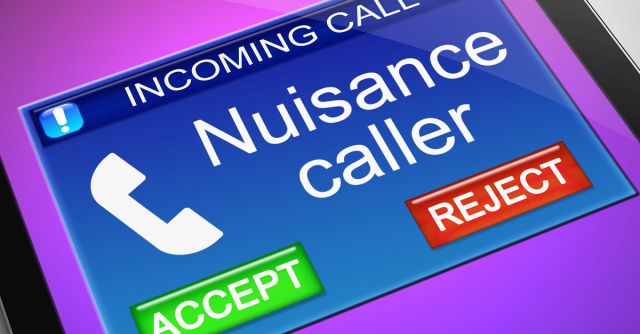Google is reportedly adding a new feature to its phone app that is sure to please beleaguered phone users everywhere – built-in screening for nuisance callers.
The Google Phone app, found on Google’s own Nexus and Pixel phones, already uses a database of known nuisance numbers to screen spam and scam callers. The new feature, called ‘Call Screen’, will go further by screening unknown or suspicious numbers.
According to Android Police, which analysed the code, the call screen feature will ask an incoming caller a series of questions and then transcribe their responses in real time. You can either read their responses as text, or perhaps hear their answers.
This feature would enable you to tell if a telemarketer or scammer – whether human or automated – was trying to reach you. You could then choose whether to talk to them or not.
Call screening for Google Phone sounds a lot like the beginnings of an automated personal assistant that can save you from wasting your time on unwanted calls. It isn’t the first time that Google has helped its users filter out nuisance callers. Google Voice includes a call screening feature that lets you deal with calls based on their caller ID (or lack thereof), setting up custom messages and routing options. You can also manually block callers.
There are phone apps available that do similar things. PrivacyStar uses a database of known nuisance numbers to warn you and block calls.
Other apps take a different approach. RoboKiller, available for Android and iOS, does more than screen. It intercepts spam calls for you using a blacklist of known spam numbers, and keeps them talking using audio recordings. When dealing with human callers, this wastes a nuisance callers’ time helping to make their business model less profitable, the company says.
By recording the calls, the company also creates an audio pattern of the call that it stores. It uses the audio fingerprint to identify the same call coming from other numbers, which is particularly useful for identifying robocalls that use rapidly changing telephone numbers.
Then there is the Jolly Roger Telephone Company, set up by a frustrated telemarketing recipient – an online service that focuses on keeping callers busy. It features a range of bots designed to keep telemarketers talking for as long as possible, enabling you to listen to the calls afterwards, although because it is not an app on your phone it takes a little more setting up.
Adding AI to the mix would add some interesting possibilities. Google recently released its Duplex system. It’s is an AI assistant designed to make human-sounding calls for you, booking hair appointments and such. The system, which lets people know that it is a robot when calling them, is sure to make the world more efficient and less joyful in equal parts. It begins testing this summer.
Could a Duplex-style assistant be trained to fool human telemarketers into having a realistic conversation, keeping them on the phone for longer and further draining their company’s profits? If so, there is sure to be a host of frustrated nuisance call recipients ready and willing to give it a try!
Your Google phone will soon screen nuisance calls

